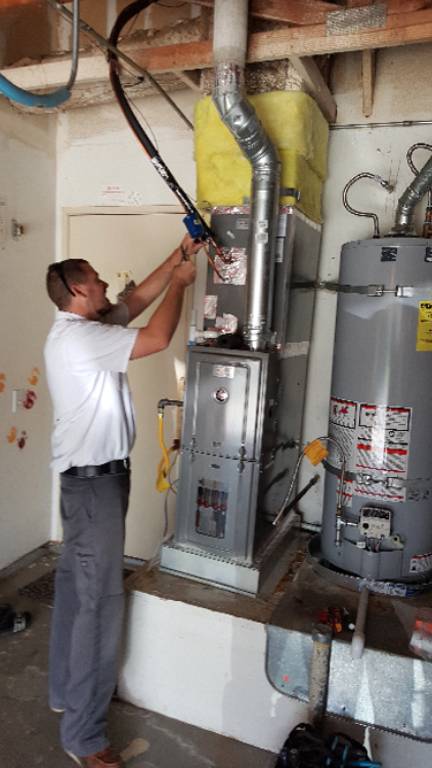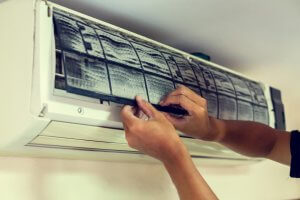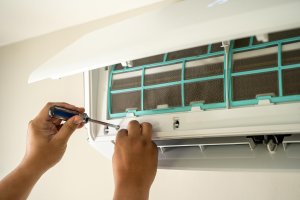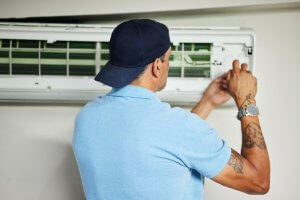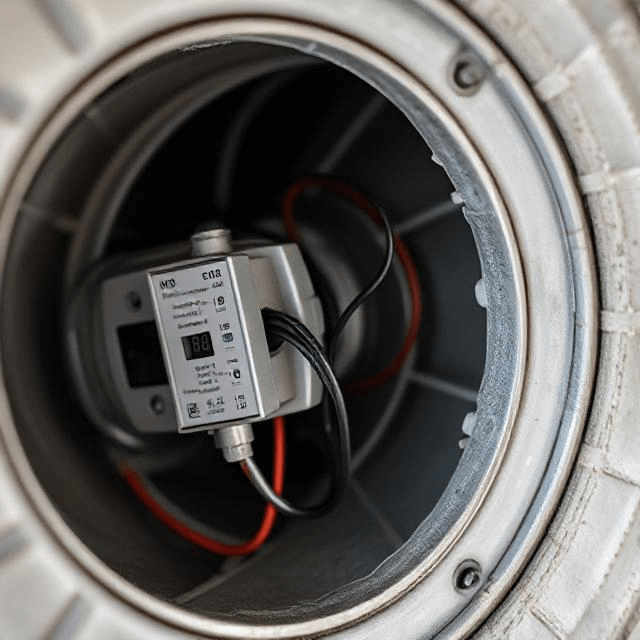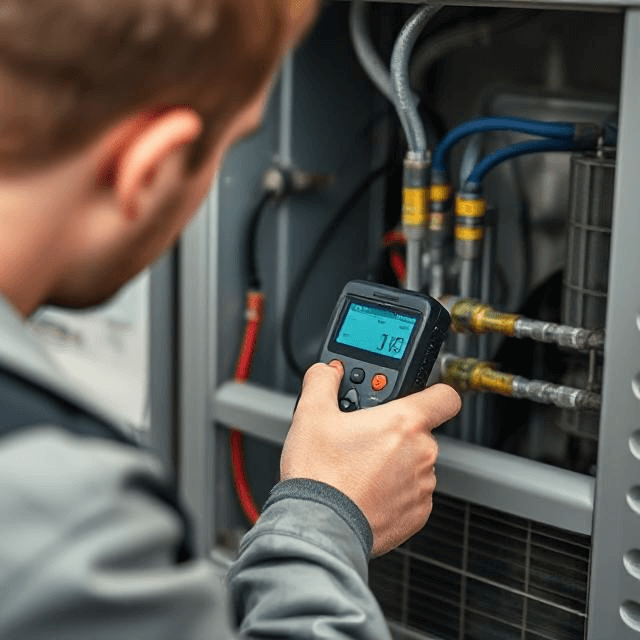The furnace blower motor is the heart of your heating system, tirelessly circulating warm air throughout your home during chilly days and nights. As with any significant component of a household appliance, homeowners often wonder about the expected lifespan of their furnace blower motor. At Season Control HVAC, we’re here to guide you through the intricacies of blower motors and how to get the most out of them.
How long does a furnace blower motor last?
Generally speaking, a furnace blower motor lasts between 10 to 20 years. This range is broad because several factors come into play that can either extend or shorten its life.
Factors influencing the lifespan of a blower motor
- Quality and Brand: Not all blower motors are created equal. Investing in a high-quality brand and model can serve you well in the long run.
- Usage Patterns: Due to consistent use, homes in colder climates that rely heavily on heating will see more wear and tear on their blower motors.
- Maintenance Habits: Regular check-ups, cleaning, and lubrication can make a difference. A well-maintained motor runs more efficiently and lasts longer.
- Operating Conditions: Dusty environments or systems that frequently operate at maximum capacity can reduce the motor’s lifespan.
- Type of Motor: Modern variable-speed motors may have different lifespans than their single-speed counterparts.
Spotting the signs of a wearing blower motor
While the lifespan gives a general idea, it’s essential to recognize when your blower motor might be on its last legs:
- Unusual Sounds: Squealing, grinding, or humming noises can indicate a problem.
- Reduced Airflow: If the motor can’t push as much air as it used to, it might be weakening.
- Frequent Overheating: Motors that overheat often signal they’re nearing the end of their life.
How can I extend the life of your blower motor?
- Routine Maintenance: Schedule regular check-ups with professionals like Season Control HVAC. We’ll ensure your system remains in optimal condition.
- Keep it Clean: Ensure the surrounding area and furnace are free from excessive dust and debris.
- Replace Filters Regularly: A clogged filter makes the blower motor work harder, reducing the lifespan.
- Lubricate: Some blower motors require lubrication. Check the manufacturer’s recommendations and lubricate if necessary.
Final Thoughts
A furnace blower motor’s longevity depends on several factors, but with proper care and maintenance, you can ensure it serves your household efficiently for many years. Don’t wait for issues to arise. Taking preventative measures can save you from the inconvenience of a failing motor during the coldest days of the year.
If you suspect any problems with your blower motor or just want a routine check-up, remember that Season Control HVAC is here to assist. We prioritize your comfort, ensuring every heating system component functions flawlessly. Contact us today and let our experts provide the care your furnace deserves.
FAQs
Have your furnace inspected and serviced at least once a year, ideally before the heating season begins.
Consider replacing your furnace blower motor when it emits unusual noises, like rattling or grinding. Additionally, a noticeable decrease in airflow or a regular overheating of the motor are strong indicators of a malfunctioning motor. A significant increase in energy bills can also suggest the blower motor is no longer operating efficiently. Moreover, if the motor has been running for over 15 years, it may be approaching the end of its lifespan.
Yes, replacing a malfunctioning furnace blower motor is generally worth it. A functional motor is crucial for the efficient operation of the furnace, ensuring comfort and energy cost savings. While there’s an upfront cost to replacing the motor, it can lead to more efficient heating, translating to savings on energy bills in the long run. Replacing a failing motor can prevent more costly damage to the furnace.
The cost to replace a furnace blower motor can vary based on the make and model of the furnace, regional labor costs, and whether any additional repairs or adjustments are needed. Contact our furnace repair technicians at Season Control HVAC for an accurate estimate.



